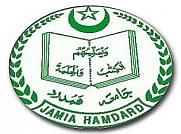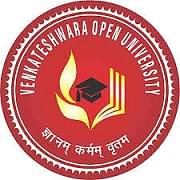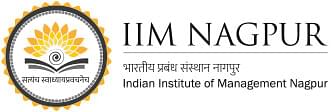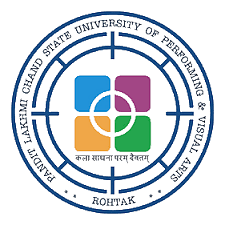Navigating the Future: Pursuing a Ph.D.
in Waste Management
As the world continues to grapple with the growing challenge of waste
management, the need for experts in the field has never been more critical. A
Ph.D. in Waste Management opens up a realm of opportunities for those
passionate about creating sustainable solutions for waste reduction, recycling,
and disposal. This blog delves into the importance of this advanced degree, the
admission process, eligibility criteria, and potential career paths, providing
a comprehensive guide for aspiring waste management professionals.
Why Pursue a Ph.D. in Waste Management?
Waste management is a vital aspect of environmental conservation and public
health. With increasing urbanization and industrialization, the volume of waste
generated has skyrocketed, necessitating innovative and efficient waste
management strategies. A Ph.D. in Waste Management equips students with
the advanced knowledge and research skills needed to address complex
waste-related issues. Graduates can contribute to policy development,
technological advancements, and sustainable practices, making a significant
impact on global waste management efforts.
Admission Process
The admission process for Ph.D. Waste Management at top college typically
involves several steps:
1. Research
and Select Programs: Begin by researching universities and
institutions that offer a Ph.D. in Waste Management. Look for programs that
align with your research interests and career goals.
2. Meet
Eligibility Criteria: Ensure you meet the eligibility requirements,
which generally include a relevant master’s degree with a strong academic
record, research experience, and a demonstrated interest in waste management.
3. Prepare
Application Materials: Gather necessary documents such as transcripts,
a resume or CV, letters of recommendation, a statement of purpose, and a
research proposal. Some programs may also require standardized test scores like
the GRE.
4. Submit
Applications: Apply to your chosen programs, paying attention to
deadlines and specific application instructions.
5. Interviews
and Selection: Shortlisted candidates may be invited for interviews.
This is an opportunity to discuss your research interests and fit for the
program. Successful candidates will receive admission offers.
Eligibility Criteria
Eligibility Ph.D. Waste Management typically include:
- Educational Background: A
master’s degree in waste management, environmental science, engineering,
or a related field.
- Academic Excellence: A
strong academic record, usually with a minimum GPA requirement.
- Research Experience: Prior
research experience in waste management or related areas, demonstrated
through publications, projects, or a master’s thesis.
- Language Proficiency: For
non-native English speakers, proof of language proficiency through exams
like TOEFL or IELTS.
- Recommendation Letters:
Strong letters of recommendation from academic or professional references
who can attest to your research capabilities and potential.
Syllabus and Curriculum
The syllabus Ph.D. in Waste Management is designed to provide a deep
understanding of waste management practices, technologies, and policies. The
curriculum typically includes:
- Core Courses: Advanced
waste management techniques, environmental impact assessment, waste
treatment technologies, and sustainable waste management.
- Electives: Courses on
specialized topics such as hazardous waste management, circular economy,
waste-to-energy technologies, and environmental law.
- Research Methodology:
Training in research methods, data analysis, and scientific writing.
- Seminars and Workshops:
Participation in seminars, workshops, and conferences to stay updated on
the latest developments in the field.
- Dissertation: The primary
component of the Ph.D. program is the dissertation, which involves
original research under the guidance of a faculty advisor. The
dissertation should contribute new knowledge or solutions to a specific
problem in waste management.
Career Opportunities
A Ph.D. in Waste Management at best college opens up a wide range of
career opportunities in academia, industry, government, and non-profit
organizations. Potential career paths include:
- Academic and Research Positions:
Teaching and research positions at universities and research institutions.
- Environmental Consultant:
Providing expert advice on waste management practices and compliance with
environmental regulations.
- Policy Advisor: Working
with government agencies to develop and implement waste management
policies and regulations.
- Corporate Sustainability Officer:
Leading waste management and sustainability initiatives within
corporations.
- Non-Profit Sector: Working
with non-profit organizations focused on environmental conservation and
waste management.
For more information contact our website : universityfindo.com.












